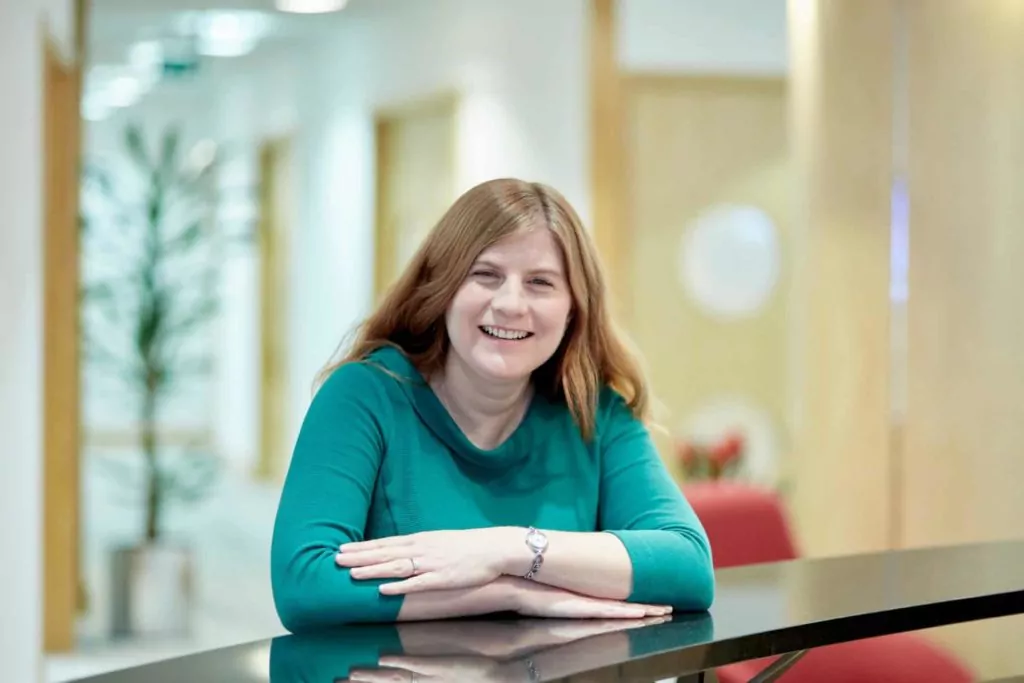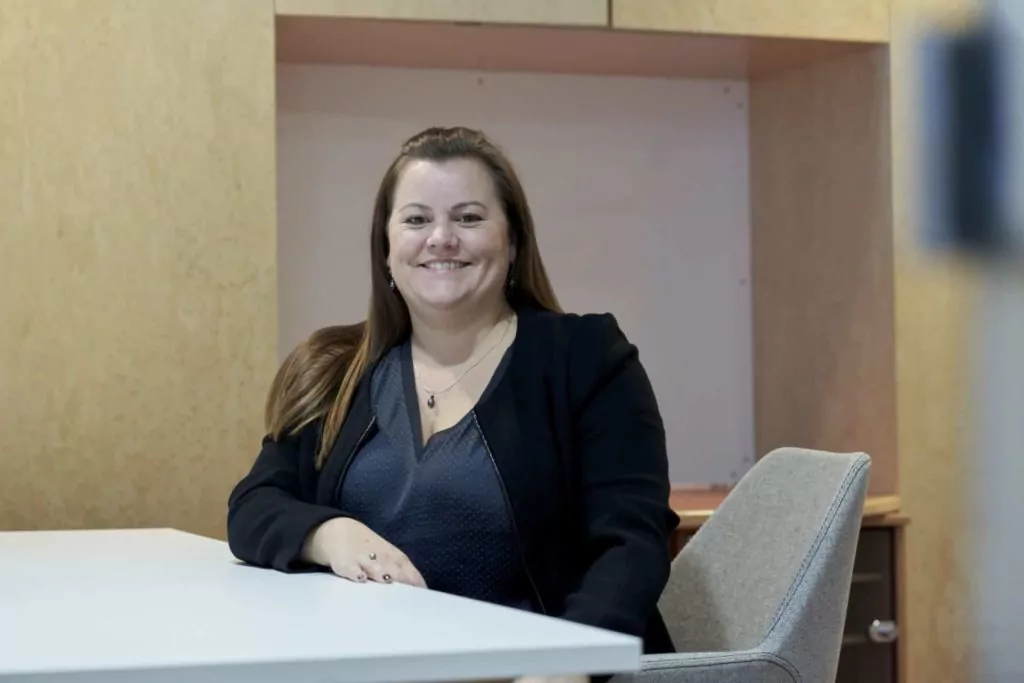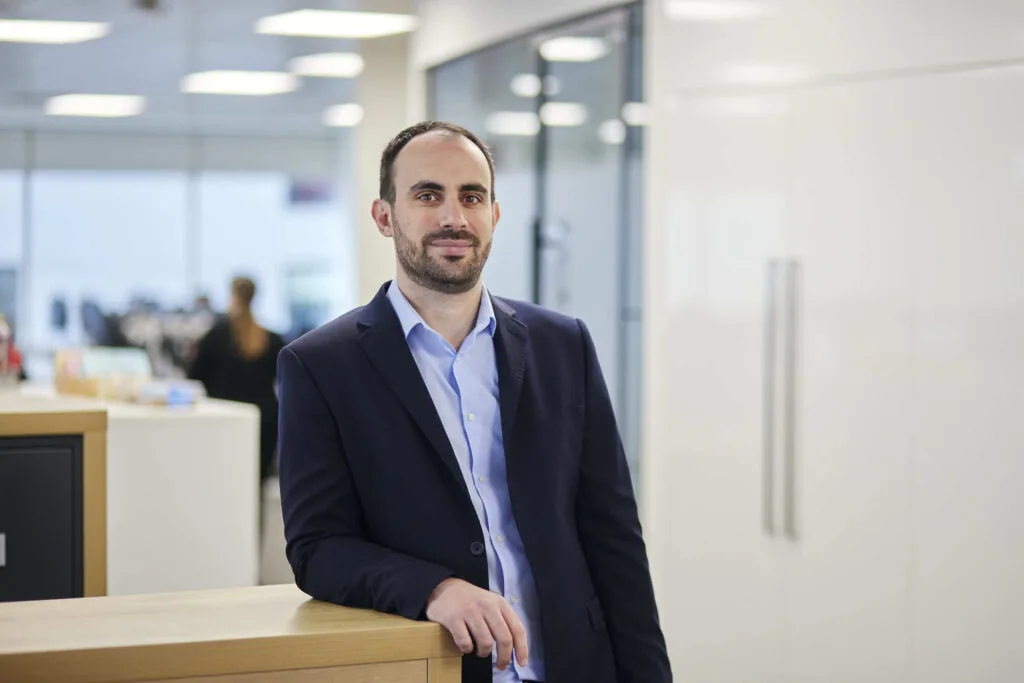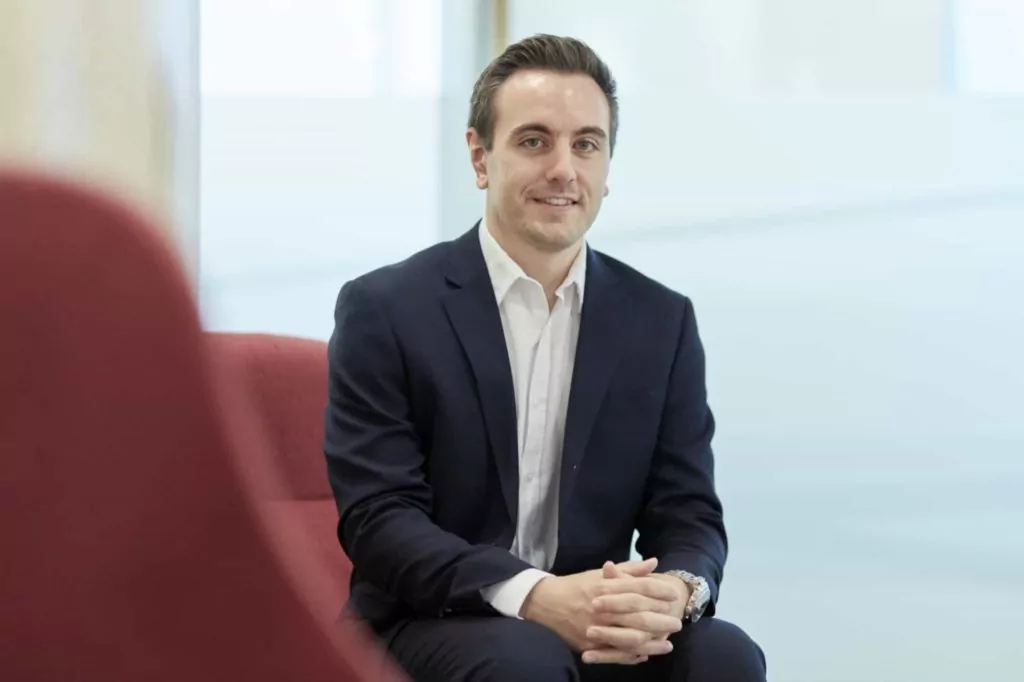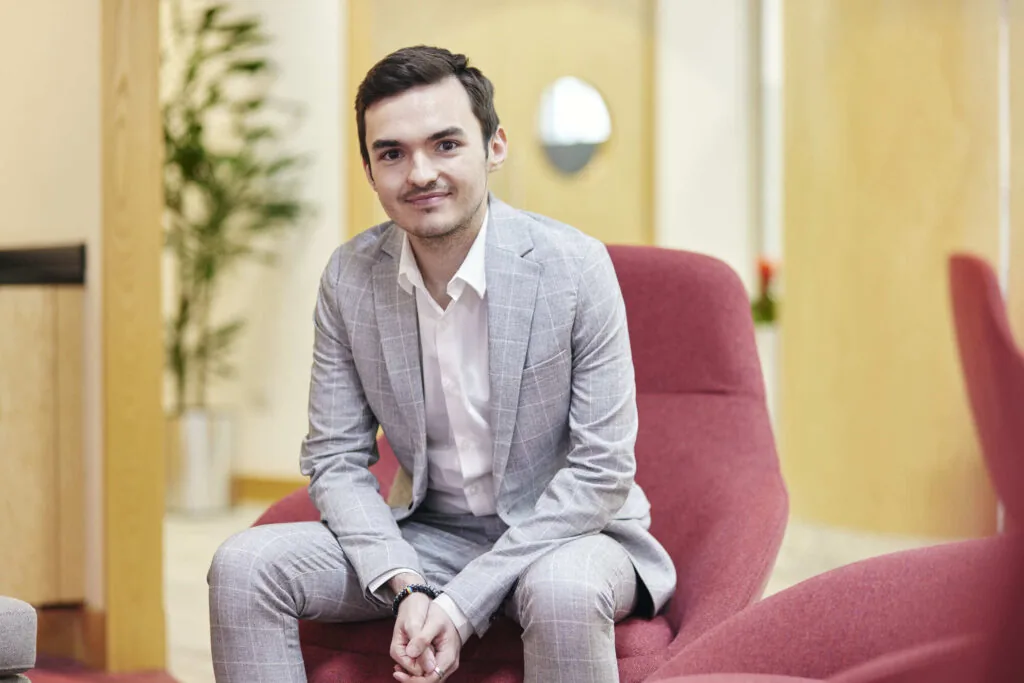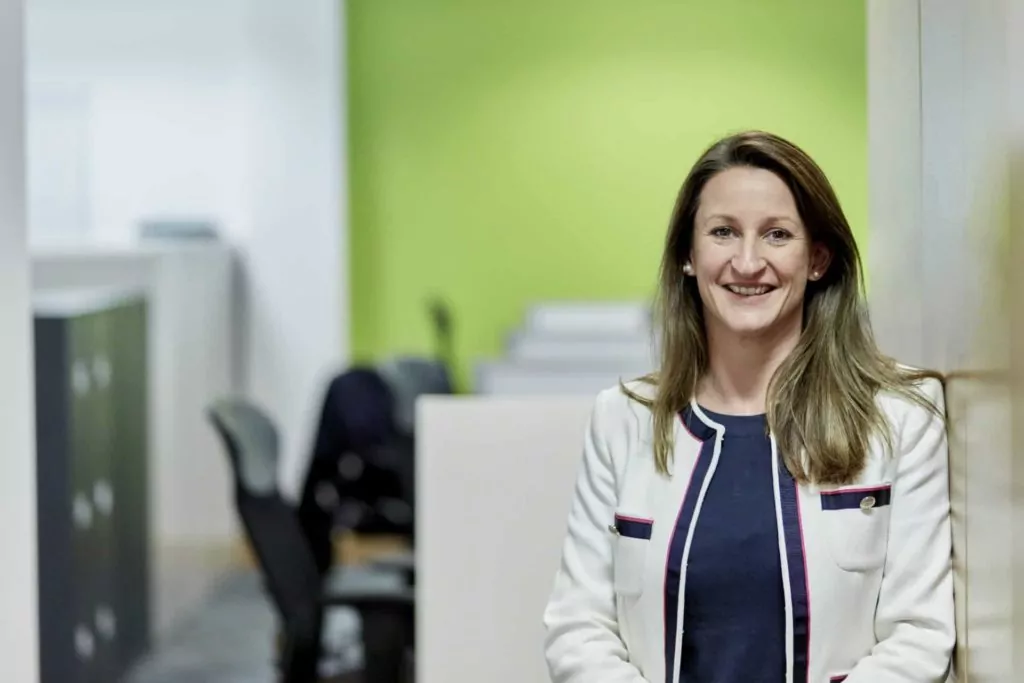

In our interview series, we shine a light on the valuable work of legacy sector professionals. In this edition, we meet Guy Rose from the Royal National Lifeboat Institution (RNLI) - a charity dedicated to saving lives at sea through lifeboat search and rescue, lifeguarded beaches, water safety education and flood rescue.
The RNLI relies heavily on legacies to fund its lifesaving work. As part of our wider Charities sector, our Legacy team supports charities with managing and maximising their legacy income.
Foot Anstey Paralegal Rui Duarte and Legacy Assistant Freya Coombs recently caught up with Guy to understand more about his role as a legacy specialist at the charity.
From tackling complex cases to the impact of AI, Guy shares his thoughts on the evolving nature of the legacy sector and the importance of passion, knowledge, and human connection in legacy work.
Can you tell us about your role at the RNLI?
I work part-time with the RNLI as a Legacy Specialist, supporting our team of Legacy Officers. In addition to assisting the team, I also manage a small caseload of complex cases. When time-consuming or complicated matters arise that may slow the team down, I step in to resolve them. My role is somewhat of a troubleshooter, helping to clear obstacles and ensure the team can work more efficiently.
How does your work support the RNLI?
Legacies are vital to the RNLI - over 60% of the charity’s voluntary income comes from legacies, so it is true to say that six out of ten lifeboat launches are funded by them.
As well as 448 lifeboats across 238 stations in the UK and Ireland, RNLI lifeguards patrol around 240 beaches during the summer. This is all made possible by a workforce of frontline, fundraising and water safety volunteers. Knowing that most of the funding for all of this comes from legacies—that’s a tremendous responsibility, and it highlights just how crucial legacy management is in supporting the charity’s lifesaving work.
Legacies are vital to the RNLI - over 60% of the charity’s voluntary income comes from legacies, so it is true to say that six out of ten lifeboat launches are funded by them.
How did you get into the legacy sector, and what made you want to work with charities?
I qualified as a solicitor in the early 90s and worked in firms providing legal aid, offering free advice to people who couldn't afford a solicitor. Unfortunately, the legal aid budget kept being reduced, leaving me with decreasing amounts of work. My mental health began to suffer as a result, and I had to take time off work with a moderate to severe depression.
It was a very difficult time, and I lost a lot of confidence. I'd wanted to be a lawyer all my life, and I could feel it slipping away. Back then, there was much less understanding of mental health, and I didn’t receive a lot of support.
Eventually, I realised I needed to take a different path. I came across an advertisement for a part-time, job-share position at the PDSA, and decided to give it a try. I quickly fell in love with the work, and through a series of moments where I failed to say no, a decade later, I found myself in charge of legacy management at PDSA. That eventually led to me heading the Legacy team at the RNLI.
It’s astonishing to reflect on the journey—from being at my lowest point, unable to function, to leading a team responsible for over £100 million in legacy income. It's a remarkable change, and testament to the power of how doing something you love and feel passionately about can transform your life. It’s powerful too, to see how attitudes toward mental health have evolved. Today, there's far more understanding and support.
It’s astonishing to reflect on the journey—from being at my lowest point, unable to function, to leading a team responsible for over £100 million in legacy income.
What trends are you seeing in the sector at the moment?
The biggest trend is how more complex cases are becoming - there's no such thing as a straightforward estate anymore. People's lives are more complicated, and their estates reflect that.
There's a wider variety of assets within people's estates, including digital assets that can be difficult to access and manage, alongside the broad range of investments now available to individuals.
What used to be considered a basic estate is becoming a thing of the past. Intensifying this complexity are the challenges faced by institutions we once relied on, such as, HMRC, banks, and insurance companies. They're struggling to keep up, making things even more difficult for executors and legacy officers.
I believe this is why the role of legacy professionals is more essential than ever. The field has evolved from its early days, adapting to this increasingly complex environment. There’s always something that can derail what might otherwise be a smooth process, and handling these obstacles is where legacy professionals play a crucial role.
I see AI as a useful tool in the legacy management toolbox, but I wouldn’t want it to replace the role entirely.
How do you think AI will impact the charity sector?
There's scope for AI to take on the unfulfilling, mundane work, but at the moment I don't think it's capable of adding the same value as a human to legacy work.
I would strongly encourage people to embrace the emotional side of legacy management. Emotional intelligence, in my view, far surpasses artificial intelligence, and this is where we can truly add value.
I see AI as a useful tool in the legacy management toolbox, but I wouldn’t want it to replace the role entirely. In the legacy world, there’s rarely a clear-cut right or wrong answer, which could be challenging for AI. Computers tend to look for black-and-white solutions, whereas human beings can draw on emotional intelligence and personal experience to navigate complex, nuanced situations much more effectively.
Find what lights your fire, and then really go for it!
Do you have any advice for anyone starting out their career in the Legacy sector?
Master your subject. Take every opportunity to increase your knowledge of the law and how legacies work - that's the best foundation you can have.
But just as important, is finding your own personal style. Don't shy away from injecting your own personal touch into your work, because ultimately, as you build your career, that's what's going to make you stand out.
Find what lights your fire, and then really go for it!
Can you share a career highlight with us?
This pre-dates my time at the RNLI, but a significant professional moment was attending court with the family of a deceased supporter to witness the sentencing of the man who murdered her. This supporter had been tragically killed by her financial advisor, who not only tried to steal from her, but also falsified a will to name himself as a major beneficiary in place of the charity I worked for at the time.
It was a long trial, and I spent several days in court, where I had the opportunity to meet the family with whom we would later work to administer the estate. Being there on that final day, witnessing the life sentence handed down and seeing the relief and impact on the family, is something that has stayed with me.
You can find out more about our charity sector team by visiting our dedicated sector page, listening to our Power of Good podcast, or reading our expert insights.


